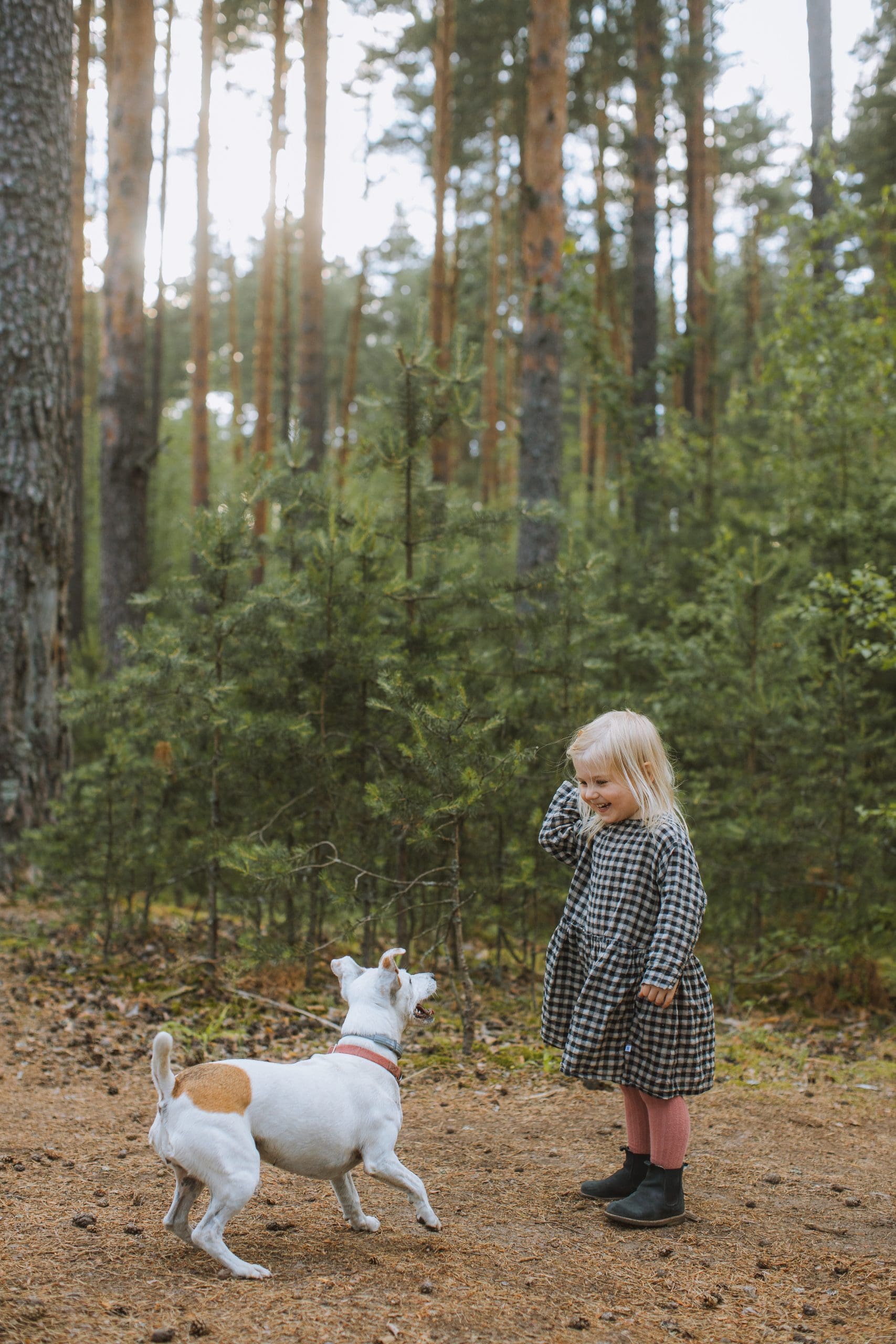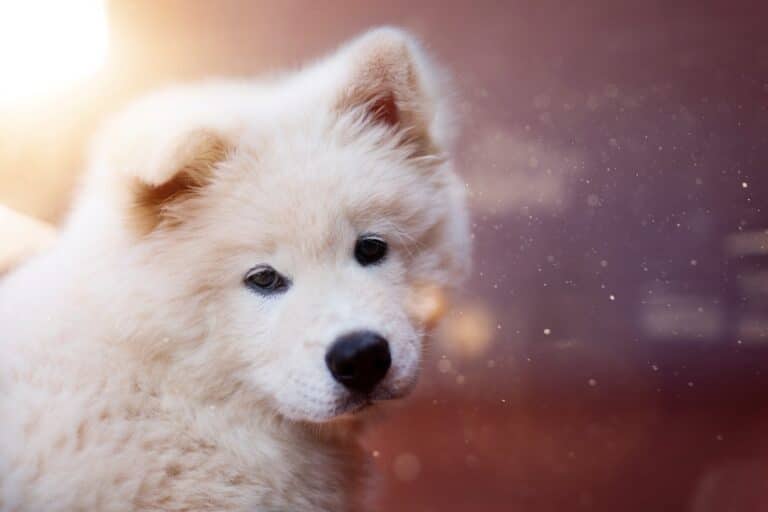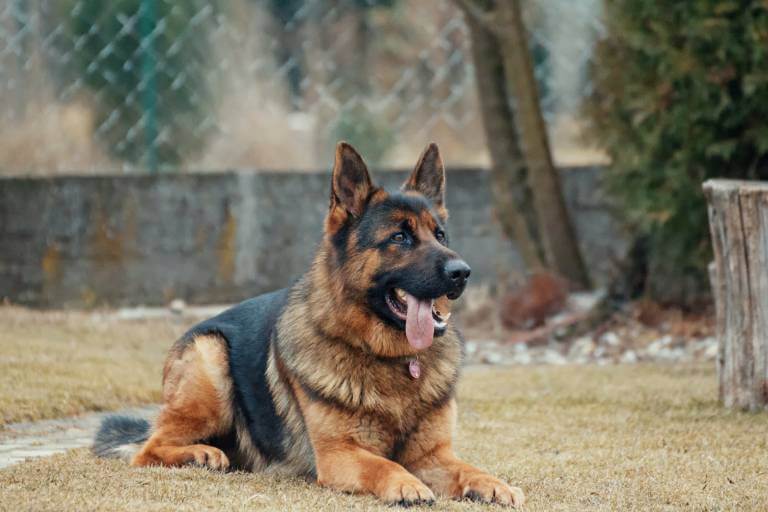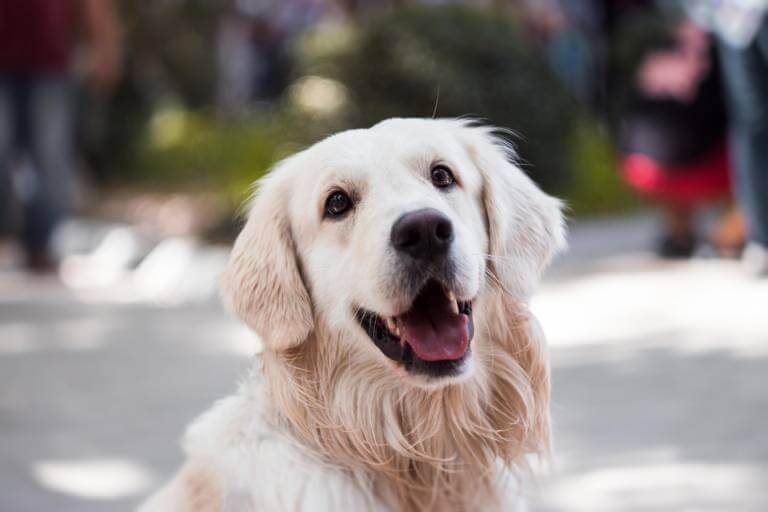How Big Do Toy Poodles Get?
Post Date:
December 10, 2024
(Date Last Modified: December 10, 2024)
When adding a new furry member to your family, knowing the size of the breed is crucial. Toy poodles, renowned for their intelligence and playful personalities, are among the most beloved small dog breeds. But just how big do toy poodles get? This question often arises for prospective pet owners seeking a breed that aligns with their lifestyle and living space.
Size Overview
Toy poodles are the smallest of the poodle varieties, which also include standard and miniature poodles. Typically, they stand around 10 inches tall at the shoulder and weigh between 4 to 6 pounds. Their compact size makes them well-suited for apartment living or for those who enjoy carrying their pets. Despite their petite stature, toy poodles boast robust health and vibrant personalities.
Adaptability
One of the most appealing characteristics of toy poodles is their adaptability. They thrive in various living conditions, whether in a small urban apartment or a larger suburban home with a yard. Their size allows for easy accommodation in tighter spaces, making them an excellent choice for individuals or families with limited room. However, every dog, regardless of size, requires regular exercise and mental stimulation. Toy poodles are energetic and need daily walks and playtime to maintain their happiness and health.
Factors Influencing Size
While the average size of a toy poodle is relatively small, variations can occur. Genetics significantly influence a dog’s size. If a toy poodle comes from a lineage of larger or smaller poodles, it may fall outside the typical size range. Additionally, factors such as diet, health, and overall care contribute to a dog’s growth. Providing a balanced diet and routine veterinary care is essential for ensuring your toy poodle achieves optimal size and health.
Health and Weight Considerations
Height serves as a more definitive measure of how big a toy poodle gets, while weight can sometimes be misleading. A toy poodle may appear heavier due to muscle mass rather than excess fat, especially if it is very active. Pet owners should prioritize their dog’s overall health and well-being rather than fixating solely on size. Consulting with a veterinarian is essential for maintaining a healthy weight for your toy poodle.
Socialization and Training
Socialization is vital for a toy poodle’s development. Their small size can make them vulnerable to larger dogs or rough play. Early socialization helps them learn to interact with other dogs, people, and different environments, shaping their personality and contributing to their overall health and happiness. Positive experiences with various stimuli are crucial for reducing anxiety or fearfulness as they mature.
Training plays an essential role in the life of a toy poodle. These dogs are highly intelligent and eager to please, making them relatively easy to train. However, their small size can sometimes lead to misunderstandings regarding their behavior. Owners might overlook undesirable habits because they seem less intimidating than those of larger breeds. Consistency in training is vital; setting boundaries and rules helps a toy poodle thrive as a well-adjusted companion.
Grooming Needs
Grooming is another important aspect for toy poodle owners. Their curly coats require regular grooming to prevent matting and tangles. While many owners opt for professional groomers, grooming at home can also be a rewarding experience. Regular grooming not only maintains coat health but also strengthens the bond between owner and pet. Establishing a grooming routine early on helps toy poodles become accustomed to the process.
Health Considerations
Toy poodles, like all breeds, are prone to certain genetic health issues. Conditions such as hip dysplasia, patellar luxation, and specific eye disorders can affect them. Routine veterinary check-ups are essential for monitoring health and catching potential issues early. Being proactive about a toy poodle’s health can lead to a longer, happier life.
The Joy of Having a Toy Poodle
Living with a toy poodle means embracing their playful spirit and affectionate nature. They often form strong bonds with their owners and can be quite protective despite their small size. This loyalty makes them wonderful companions, and their playful antics can bring joy to any household. Whether you seek a lap dog or an active playmate, a toy poodle fits the bill.
While their small size makes them suitable for various living situations, each dog has unique needs. Some toy poodles may require more exercise, while others thrive on a more relaxed lifestyle. Understanding your specific dog’s personality and energy level is key to providing the best care possible.
The joy that a toy poodle brings far outweighs any concerns about their size. For first-time dog owners or those looking to add another pet to their family, recognizing the size and needs of a toy poodle fosters a loving and supportive environment. The bond developed with a toy poodle can lead to fulfilling experiences, filled with joy, laughter, and love.






